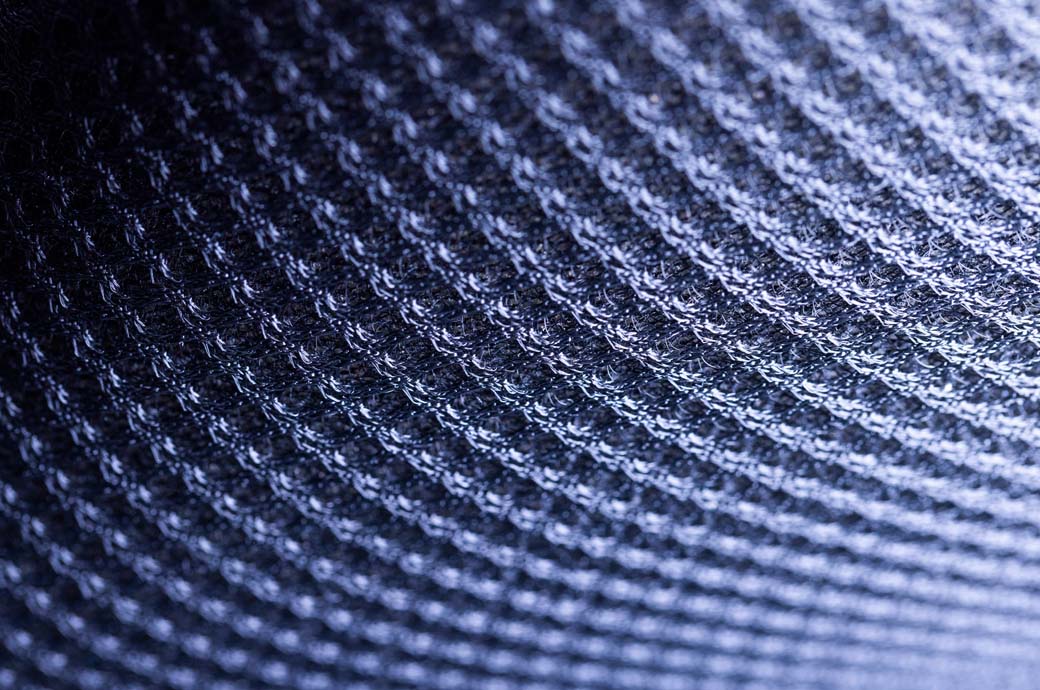
The guidelines seek to stimulate innovation in multiple sub-domains, ranging from agrotextiles and smart textiles to high-performance fibres and recyclable materials. The initiative aims to support startups in translating prototypes to commercialised technologies, the ministry of textiles said in a media release.
To encourage incubators, the ministry will provide an additional 10 per cent of the total grant-in-aid. Incubatees are also mandated to invest at least 10 per cent of the grant funding. "The GREAT Guidelines will act as a catalyst for the technical textiles sector in India, especially in niche areas like bio-degradable textiles and smart textiles," said Saxena.
In tandem with these guidelines, the ministry approved ₹151.02 crore for the upgrade of 26 academic institutes, including prestigious institutions such as IIT Delhi and NIFT Mumbai. This approval aims to bolster laboratory infrastructure and trainer skills in the technical textiles domain.
Moreover, the ministry will reopen Guidelines for Enabling Academic Institutes in Technical Textiles’ Education in India with more flexible terms. It targets the inclusion of new courses in the academic year 2025-26.
On the quality front, the ministry has notified quality control orders (QCOs) for 31 technical textiles products, which will come into effect from October 7, 2023. Additional QCOs for 28 more products are in the final stages.
"This multi-pronged approach will serve to not only boost innovation but also lay the groundwork for India to become a global leader in technical textiles," concluded Saxena.
Fibre2Fashion News Desk (KD)

